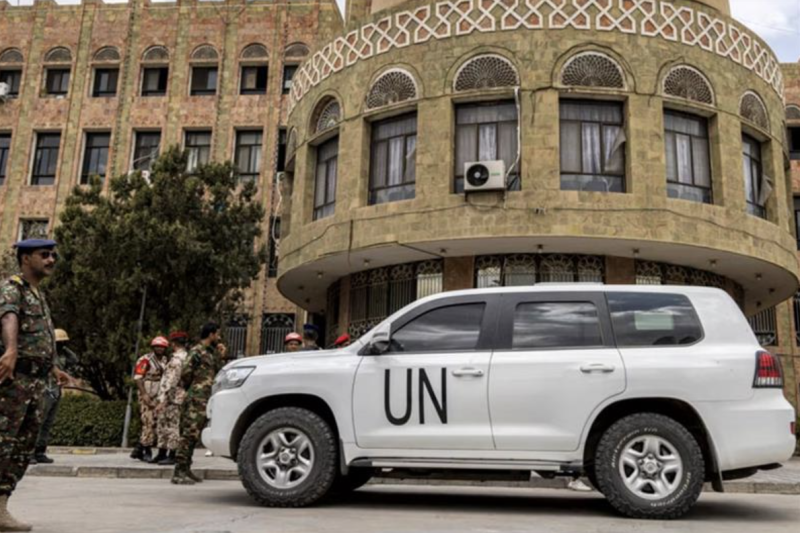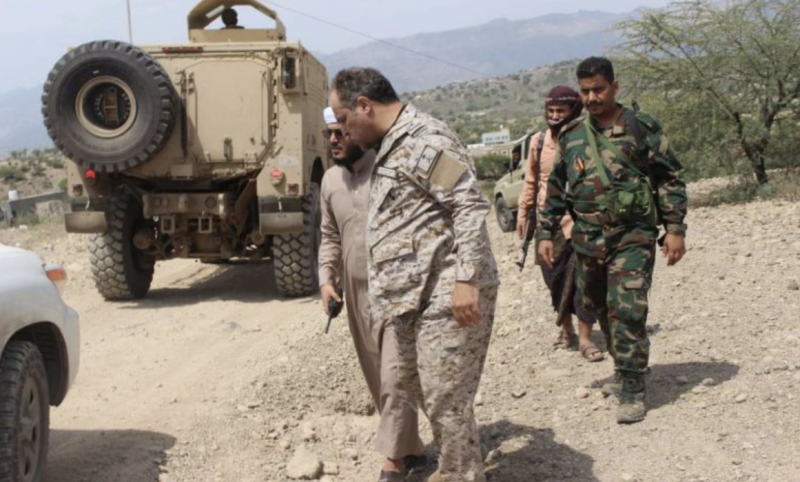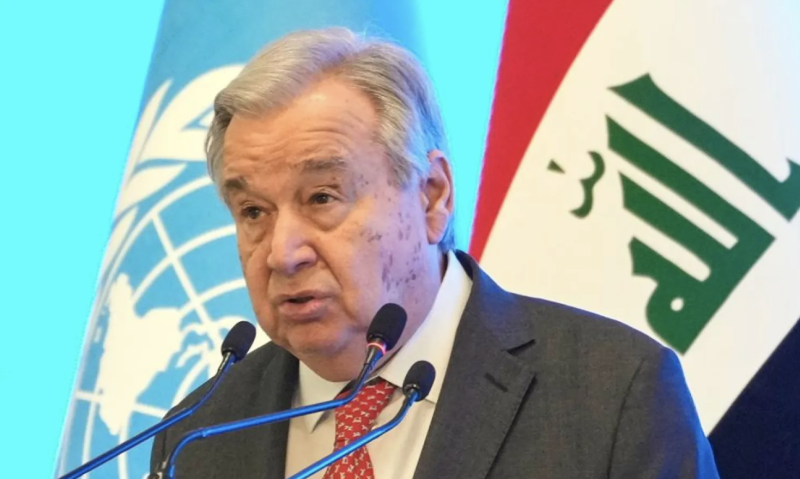Yemen : Houthis preparing for long battle with Israel and US even if current war ends, sources say


Yemen’s Houthis are preparing for a long confrontation with Israel and the US, which would continue even if the current fighting stopped after a ceasefire is agreed on in Gaza, sources familiar with the rebels' plans said.
The Houthis are the last significant Iran-backed regional front against Israel, with Lebanon's Hezbollah having sustained heavy losses before signing a ceasefire deal in November, and Iranian forces having withdrawn from Syria following the collapse of the Assad regime.
The confrontation with Israel, which is more than 2,000km away from Yemen, took a new turn last week when Israeli jets bombed multiple locations in Yemen, including the capital’s airport, marking the largest wave of Israeli air strikes against the war-torn country to date. The rebels have vowed to continue attacking Israel – and ships in the Red Sea they say have ties to the Israelis – until there is a ceasefire in Gaza, where more than 45,000 people have been killed by Israeli air strikes and its ground offensive since October last year.
“There is an expectation that the scope of the conflict would expand in the coming weeks, especially with [US President-elect Donald] Trump's arrival to power in US” on January 20, a Yemeni political source with knowledge of the Houthis' thinking said. "They are preparing for a long battle and are readying for all scenarios, including recruiting new fighters, training regular citizens in the areas they control to handle weapons, and reducing public appearances by their leaders."
Earlier this month, US special envoy Tim Lenderking said Houthi leaders have lowered their profiles, fearing they might be targeted like their Hezbollah and Hamas allies. Another source in Sanaa confirmed the plans put in place by the Houthis, adding that “the escalation will be met with an escalation. There is a bank of targets in Israel”.
Since launching their attacks at the start of Israel’s war on Gaza in October last year, the Yemeni rebels, who control large parts of their country, including the capital, have transformed from a local militia into a regional and global threat. They have disrupted shipping in the Red Sea region, and demonstrated that they pose a long-term threat.
Bank of targets
The confrontation with Israel provides the Houthis with an opportunity to strengthen their image in the areas they control by positioning themselves as a force fighting foreign powers. However, it also serves them by bolstering their status during negotiations to end the war in Yemen.
“It is clear that we have entered a new escalation phase and Yemen may be the scene of this escalation. But So far, it does not seem that Israel has a real bank of targets and sensitive military sites that can affect the Houthis,” said the Yemeni source in Sanaa.
Israel has so far bombed Sanaa’s airport, ports along the western coast and other civilian facilities, while the US and the UK have targeted Houthi drone and missile launchers, as well as arms depots. But unlike in Lebanon, Syria and Gaza, the targets hit so far reveal the limitations of Western and Israeli intelligence capabilities in Yemen.
The Houthis know that “there are many challenges facing Israel, including the geographical distance, and that’s why they are betting on a long war of attrition that serves their domestic and regional interests, and Iran’s interests too, after its defeats in Lebanon and Syria,” a Yemeni government source said.
“They have nothing to lose, unlike Hezbollah in Lebanon, which entered into a ceasefire agreement in order to preserve many of its domestic interests,” added the source. As the confrontation with Israel rages, the rebels have introduced a disputed weapons-training programme for high school and university students in areas under their control, alarming parents and educators.
The initiative is called Al Aqsa Flood, the name used by Palestinian militants in Gaza for their attack on southern Israel in October last year, and includes lectures and practical training on the use of weapons. It has been introduced across the provinces the rebels hold, ostensibly to prepare youths for a possible military confrontation.
On Sunday, local authorities in Sanaa met with school principals, educators and social figures to stress “the importance of vigilance to confront the conspiracies and plans of the enemies that target the Yemeni people”, according to Houthi media. A senior Houthi official emphasised during the meeting “the importance of continuing the mobilisation and recruitment efforts, broad participation in events, activities and marches, joining the courses, and full readiness to confront the American and Zionist enemy”.

Sana’a – The United Nations has strongly condemned the detention of ten additional UN staff members by Houthi forces on December 18, de…

Marib -- Yemen’s Shield of the Nation Forces announced that they successfully thwarted an attempt to plant improvised explosive devices (IEDs…

Aden -- United Nations Secretary-General Antonio Guterres on Friday condemned the Houthi detention of another 10 UN personnel in Yemen, taking the…